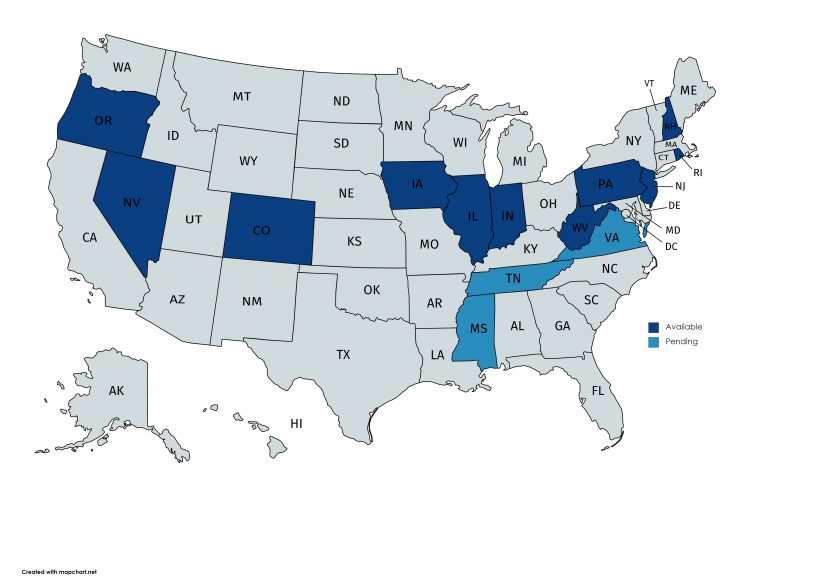Gambling Legality By State
by admin
Gambling Legality By State 3,7/5 8417 votes
Published Monday, Jun. 8, 2020, 9:48 am
Join AFP's 100,000+ followers on Facebook

Gambling Laws by State – Full List of Legal Online Gambling Over the years, online gambling has become a billion-dollar industry. And legislators have been paying attention to the industry, developing gambling laws to deal with the rise in online gambling.
Purchase a subscription to AFP Subscribe to AFP podcasts on iTunes
News, press releases, letters to the editor: augustafreepress2@gmail.com
Advertising inquiries: freepress@ntelos.net
- To make a long story short, each state had the right to make laws that were to be used in their own territory. However, if the federal government makes a law it super secedes all state laws. Nevada was granted an exception to the enactment of some gambling laws of the federal government.
- There are three states that currently offer legal online gambling in the USA- Delaware, Nevada, and New Jersey. Delaware was the first state to legalize online gambling with the passage of the Delaware Competitiveness Act of 2012. All three states have regulated online poker and casino sites, however, the rules differ slightly.
- The states also have differing legal gambling ages, with some states requiring the same minimum age for all types of gambling, while for others, it depends on the activity. For example, in New Jersey, an 18-year-old can buy a lottery ticket or bet on a horse race, but cannot enter a casino until age 21.
- Pennsylvania online gambling has reached biggest success within public, promoting numerous events and games. It is 100% legal and secure. If Vegas is mecca for rich people, spending thousands on hotel, planes and restaurants, we can call PA online gambling is a starting point for everyone.
Lower Economic Activity is Straining Local Budgets
Following Good Examples

Current Legal Overview for Online Gambling
Explicitly Legal States
Implicitly Legal Areas

States Where Gambling is Illegal
Mass Liberalization of the Market is Immanent
Share this:
Related
Hot Reads: Today
- House passes CASH Act: Increases direct payments from $600 to $2K (8924)
- New round of SBA funding targets small businesses, but benefits all (3902)
- Update: Missing Staunton man located (3208)
- Augusta County Sheriff’s Office locates wanted Deerfield man (2306)
- Strasburg woman dies in single-vehicle crash in Shenandoah County (2003)
Hot Reads: This Week
- House passes CASH Act: Increases direct payments from $600 to $2K (8924)
- Holiday greenery can spread boxwood blight to your landscape, according to Virginia Cooperative Extension experts (4337)
- New round of SBA funding targets small businesses, but benefits all (3902)
- Update: Missing Staunton man located (3208)
- Augusta County Sheriff’s Office locates wanted Deerfield man (2306)